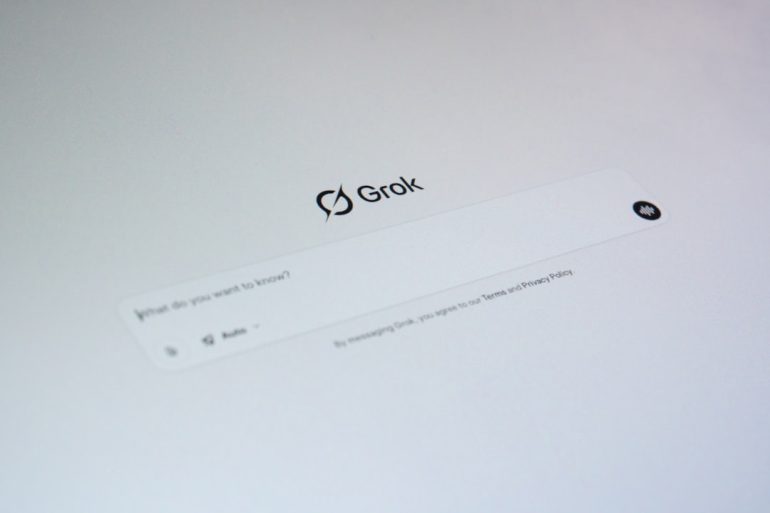The Best GA4 Alternatives for Privacy-First Brands (2025)
As the tide of digital analytics shifts towards greater respect for user privacy, many brands are reevaluating their dependence on Google Analytics 4 (GA4). While GA4 introduced several improvements over its predecessor, including better insights and enhanced event tracking, concerns about data privacy, ownership, and compliance with regulations like GDPR and CCPA have caused privacy-conscious companies to look for alternatives. In 2025, a range of powerful analytics tools has emerged that put privacy first without compromising on functionality.
The Rise of Privacy-First Analytics Tools
Table of Contents
More organizations today are prioritizing user trust and data ethics. As privacy laws become stricter and users more aware of how their data is being utilized, businesses are under increasing pressure to find analytics solutions that are both compliant and insightful. This has given rise to a number of GA4 alternatives that don’t rely on cookies, don’t store personally identifiable information (PII), and often host data within the EU or other privacy-first jurisdictions.
The best GA4 alternatives in 2025 are tailored for brands that want deep insights without invasive data collection. Whether for e-commerce, SaaS, content websites, or mobile apps, these platforms deliver real-time data while safeguarding user privacy.
Top GA4 Alternatives for Privacy-Conscious Brands
1. Plausible Analytics
Plausible is an open-source, lightweight web analytics platform that’s quickly become a favorite among developers and marketers. It doesn’t use cookies and complies natively with GDPR, CCPA, and PECR. With no tracking pixels and a script size of only 1 KB, it’s incredibly performant.
- Pros: Open-source, minimalistic UI, no personal data collection
- Cons: Limited to basic metrics like page views and referrers

2. Matomo (On-Premise)
Formerly known as Piwik, Matomo offers one of the most robust and flexible analytics suites for privacy-conscious brands. The on-premise version gives you full control over data and can be extensively customized with over 70 plugins.
- Pros: Self-hosting ensures data ownership, GDPR-compliant, rich in features
- Cons: Requires server maintenance and IT expertise
3. Fathom Analytics
Fathom takes a refreshing approach to analytics: clean, simple, and privacy-first. It bypasses the need for cookie banners and complies with global privacy laws. Their EU Isolation feature helps companies comply with Schrems II by storing data exclusively within the EU.
- Pros: Fast, simple to use, no cookies, excellent privacy compliance
- Cons: No user-level or funnel analysis
4. GoatCounter
GoatCounter is another open-source analytics platform focused on privacy and simplicity. It works without JavaScript tracking by offering image-based tracking methods. It’s an excellent fit for developers and small teams who need basic usage data.
- Pros: Lightweight, privacy-respecting, open-source
- Cons: Minimal custom tracking and event tracking capabilities
5. Simple Analytics
True to its name, Simple Analytics provides easy-to-understand data without sacrificing user privacy. It utilizes privacy-preserving techniques, does not use cookies, and it allows brands to collect data on content performance in a law-abiding way.
- Pros: Beautiful interface, cookie-less tracking, GDPR-first architecture
- Cons: Limited integrations and advanced analytics features
6. Umami
Umami is an open-source tool designed for self-hosting, giving brands control over every aspect of data collection. With a slick UI and support for multiple websites, this is a serious contender for businesses wanting a blend of simplicity and customization.
- Pros: Lightweight, self-hosted, cookie-free
- Cons: Requires some technical skills for setup and scaling

What to Consider Before Choosing a GA4 Alternative
Choosing the right Google Analytics alternative is more than just picking a tool with privacy features. It’s essential to evaluate how a platform aligns with your business goals and technical requirements. Here are a few factors to consider:
- Data Ownership: Do you control and own your analytics data?
- Compliance: Is the analytics platform GDPR, CCPA, and PECR compliant?
- Ease of Integration: Will the tool integrate smoothly with your CMS, e-commerce, or web frameworks?
- Custom Events: Does the platform allow custom event tracking for analyzing user behavior?
- Hosting: Can it be self-hosted to ensure full data control if needed?
The Future of Analytics in a Privacy-First World
Analytics in 2025 is rapidly transitioning from surveillance-based tracking methods to user-respecting, privacy-compliant technologies. With the rise of server-side tracking, cookieless analytics, and increasing user awareness, brands need to adopt tools that not only deliver insights but also earn consumer trust.
The alternatives to GA4 are no longer compromises. Many privacy-first tools now provide near-real-time data, beautiful dashboards, and actionable metrics—all without infringing on personal privacy. These platforms reimagine analytics as a way to learn without exploiting data, a direction that is not just ethically sound but future-proof against the changing legal landscape.
Frequently Asked Questions (FAQ)
- Q: Why are so many brands moving away from GA4?
A: Many brands are concerned about data privacy issues, lack of transparency in data storage, and requirements for cookie consent banners. GA4 may not align with European privacy laws unless configured very carefully. - Q: Which privacy-first analytics tool is best for ecommerce?
A: Matomo is a strong contender for e-commerce due to its comprehensive features like funnel tracking, goals, and ecommerce analytics, combined with full data control. - Q: Do privacy-first analytics tools support real-time tracking?
A: Yes, several platforms like Fathom and Plausible provide real-time or near-real-time analytics without compromising user privacy. - Q: Are open-source analytics tools reliable?
A: Absolutely. Tools like Umami, GoatCounter, and Matomo are widely used and supported by active developer communities. They offer reliability with the added benefit of transparency. - Q: Can I use privacy-focused analytics without using cookies?
A: Yes, many alternatives like Plausible, Fathom, and Simple Analytics do not use cookies, allowing you to avoid displaying cookie consent banners altogether.







